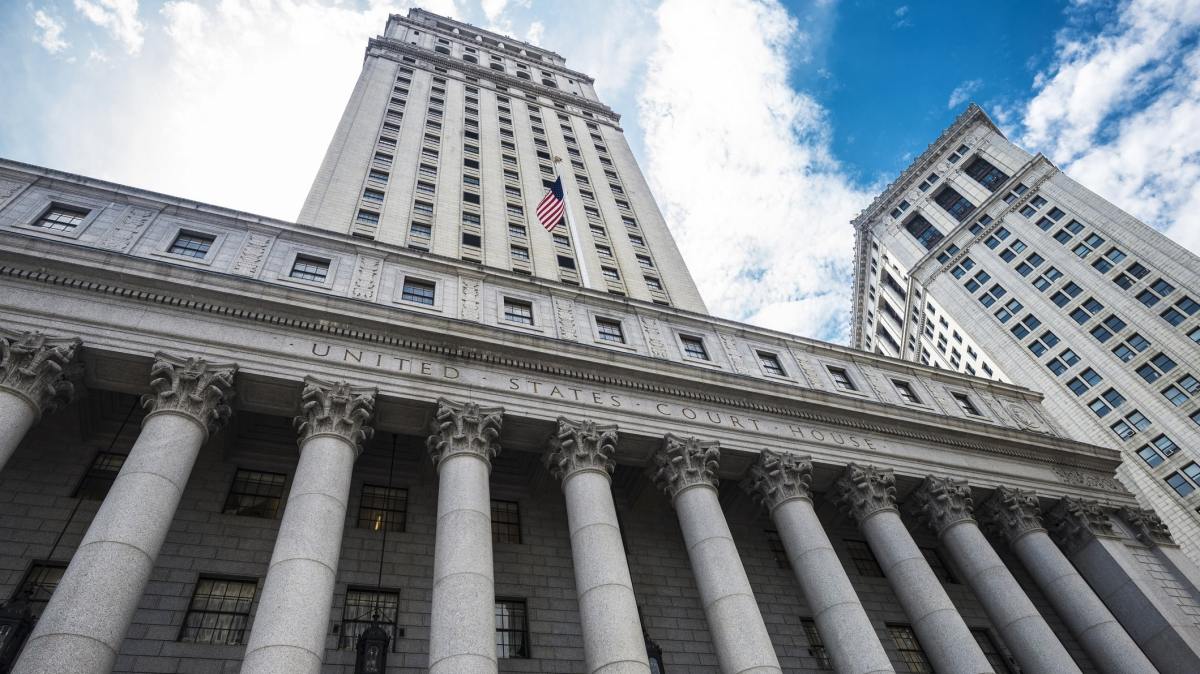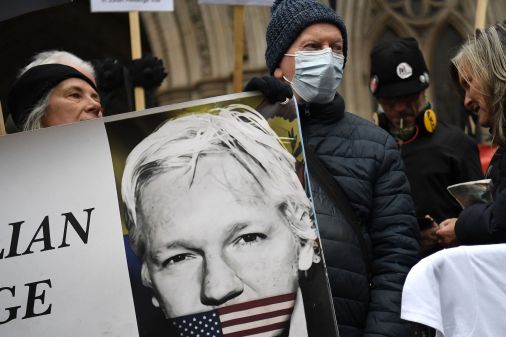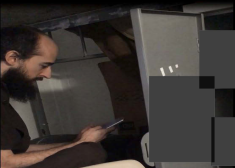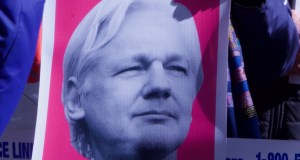No more delays: Judge in Vault 7 case sets trial date

It looks like the judge presiding over the case of a former Central Intelligence Agency employee accused of providing U.S. secrets to WikiLeaks is out of patience.
Judge Paul Crotty of the U.S. Southern District of New York declared in a court filing Monday that the trial of Joshua Schulte will begin on Feb. 3, 2020, nearly a month after the anticipated Jan. 12 trial start and three months after the previously scheduled date of Nov. 4, 2019.
The decision comes after a long series of delays from Schulte’s defense attorneys, who have argued they needed the court to add another lawyer to the defense, and that they failed to understand some of the government’s allegations against Schulte despite repeated explanations from prosecutors.
Schulte’s team also requested on Dec. 5 the court grant an extension to file a response to a motion related to the handling of classified material in the case, which Judge Crotty denied, saying, “There is no basis for the request, and it would be inefficient.”
Now, more than two years after Schulte was initially arrested on Aug. 24, 2017, the trial looks set to begin on Feb. 3. The 31-year-old former CIA software engineer has been held in Manhattan’s Metropolitan Correctional Center on charges that he stole national defense information and sent it to WikiLeaks, which then published a trove of CIA hacking tools known as the Vault 7 files. The U.S. Department of Justice also has charged Schulte for allegedly using contraband cell phones to “communicate clandestinely with third parties” outside the jail.
“There will be no further adjournments,” Crotty wrote in the latest filing.
Meanwhile, U.S prosecutors have been preparing for a big, contentious trial.
The government argued on Dec. 6 that testimony from a prosecution witness about the overall harm WikiLeaks has caused the U.S. is “directly relevant” to their case against Schulte.
In a Nov. 25 motion, Justice Department attorneys said they intended to call Paul Rosenzweig, a senior fellow at R Street Institute and former deputy assistant secretary for policy in the U.S. Department of Homeland Security, to explain where the alleged Schulte leak fits in within WikiLeaks’ larger series of disclosures, including materials provided by Chelsea Manning.
While many details of this case remain unclear, the government appears poised to introduce evidence that Schulte received a negative performance review from his superiors at the CIA in August 2016. Prosecutors will argue that, around the same time, Schulte “began to conduct extensive research online about WikiLeaks,” according to court documents first noticed by Marcy Wheeler, an independent journalist who has examined the documents in this case in detail.
Schulte researched WikiLeaks’ role in disseminating emails stolen in 2016 from the Democratic National Committee, according to the government. That evidence could underpin government argument that Schulte actively sought to harm the U.S. by providing CIA materials to WikiLeaks, which by then had differentiated itself as a publisher of American secrets, according to Wheeler’s analysis.
Judge Crotty’s most recent decision is available in full below.
[documentcloud url=”http://www.documentcloud.org/documents/6572726-Crotty12-9.html” responsive=true]






